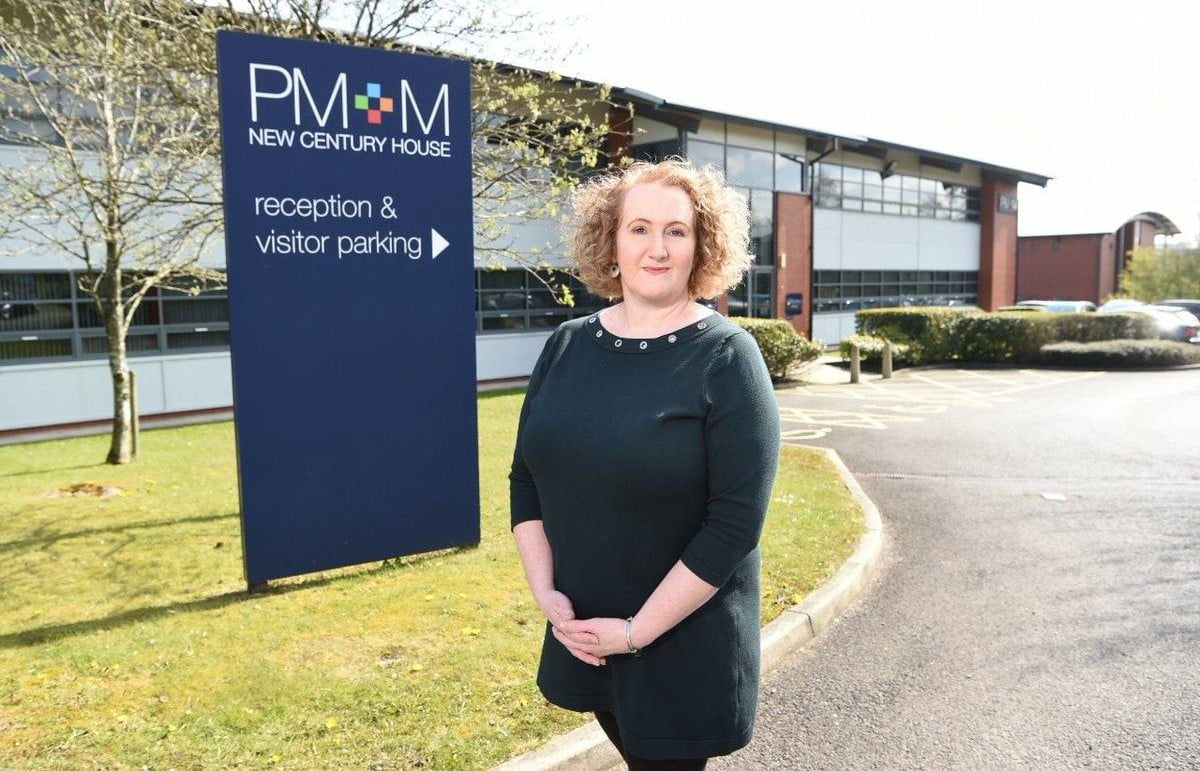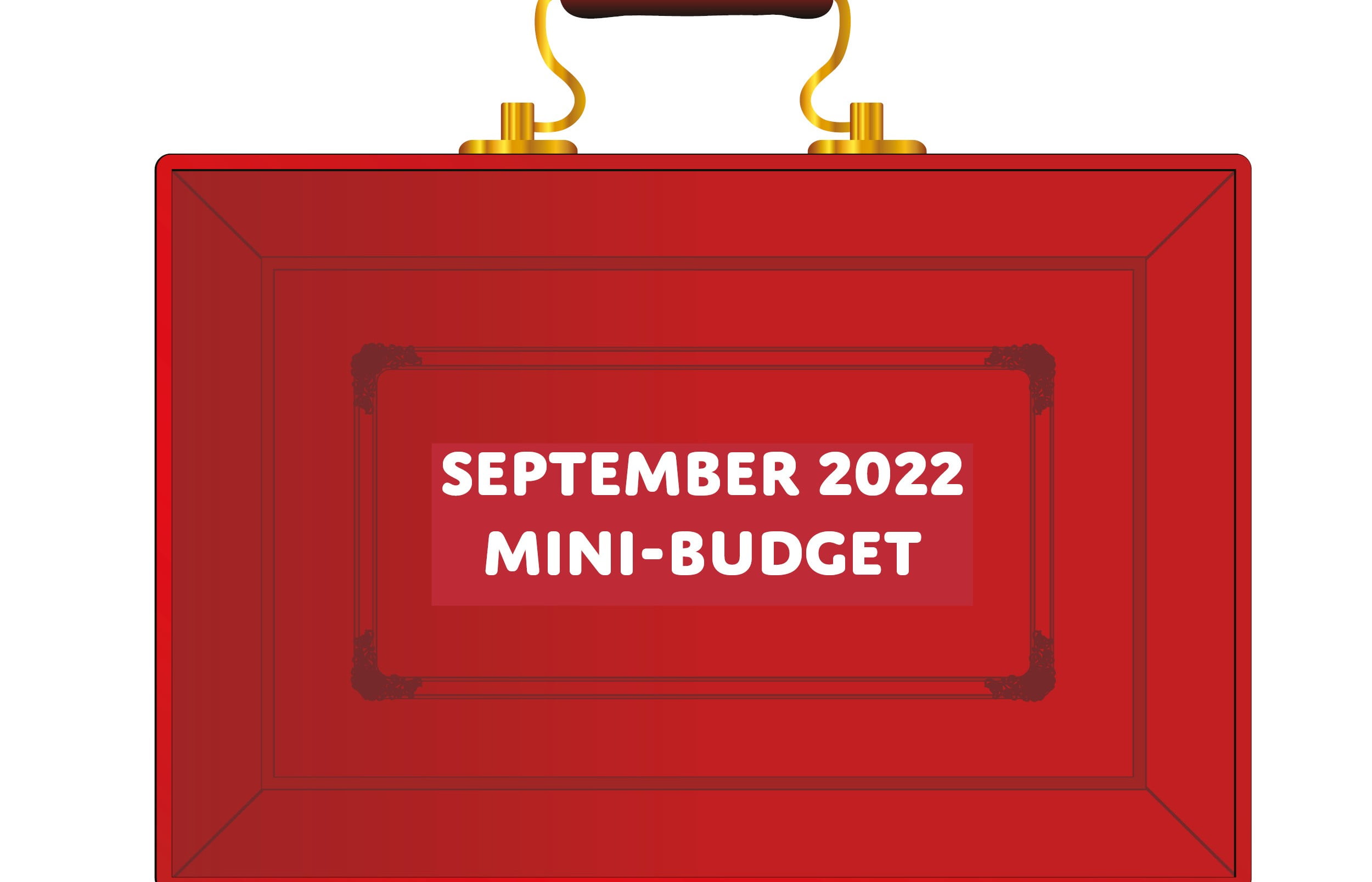Jane Parry, managing partner and head of tax, at Blackburn and Bury-based PM+M: The Government is facing some tough challenges, but this Budget has only gone a small way to really addressing them.
The Government is treading a fine line between a ‘technical recession’ and minimal growth so anything that would have caused even the tiniest of negative shockwaves was never going to happen – especially as the economy is still recovering from last year’s ‘Trussonomics’ debacle.
The OBR’s announcement that it has cut its inflation forecast for the end of this year to 2.9% and that the spending deficit improved after a rise in tax receipts, mainly due to higher than expected inflation, certainly gave the chancellor some breathing room as he will have as much as £30bn spare. I’m sure some of it will be used to cover the billions that will be needed to pay for the newly announced 30 hours of free childcare for all children over nine months as well as the other increased child support initiatives. However, my feeling is that he will probably ringfence the rest for some major spending announcements in the run up to next year’s general election.
The hype before the Budget was all about incentivising people back to work – especially those in their 50s. The main thrust of that was around tackling the so-called ‘pension trap’ which has led to many professionals including – most notably – NHS consultants and GPs to take early retirement. Hunt has increased the amount that can be set aside tax-free each year, and the cap on how much can be saved tax-free has been abolished all together which was a surprise. The annual allowance, which is the most a worker can save in their pension pots in a single year is set to rise from £40,000 to £60,000. This will, of course, only affect the wealthiest and will have no impact on ordinary workers. I can see his logic, but I do think more will need to be done for lower and middle earners over the next few years. Especially as the freeze to personal allowances is pushing more and more people into higher-rate tax bands.
The reform of disability benefits is very welcome. I also believe a plan should be put in place to directly tackle the current benefits trap which sees something like a 98% effective tax rate on some universal credit claimants where their income increases, and their universal credit and housing benefits get clawed back. That’s a massive disincentive for working longer or harder which really needs changing if we want to see some productivity shifts in the UK workforce. We’ve also got some crippling student loan interest rates affecting young people (some of them are at 9%) which generate seemingly endless repayment profiles and can act as a disincentive for increasing earnings for some.
The tech and innovation spaces are still a key growth areas for the Government so it was positive to see the news that a series of hubs around the UK will receive extra funding to boost business investment in the regions. In the North West, Greater Manchester Mayoral Combined Authority and Liverpool City Region Mayoral Combined Authority will benefit but there’s no provision for Lancashire which is a shame, as it also boasts thriving tech and innovation sectors.
For larger businesses, the surprise announcement that full expensing for capital investment in technology, plant and equipment will come in from 1 April was welcome. For smaller businesses whose capital expenditure falls within the current £1m annual investment allowance, this will be irrelevant.
There was an interesting spin on the announcement of “additional” tax support to help loss making research & development intensive SMEs, meaning that for every £100 spent on R&D, those eligible companies will be able to claim £27 back. This sounds great, but in the context of the wholesale reform of the R&D scheme which is happening in the background with the considerable dilution of the currently very generous SME scheme, it isn’t that great. Currently all such loss-making SME companies could claim £33 cash back for that expenditure. Going forward, other companies who don’t meet the R&D intensive criteria will only be able to claim back £18.60 under the new regime.
It feels like the chancellor has missed the opportunity to really revitalise the R&D Tax credits regime into more of a real time system which incentivises and facilitates world class R&D by UK businesses. Instead, we’ve got a watered-down version of the old regime, with less benefits to the cutting edge SME’s which are driving innovation in our region.
It’s also a shame the chancellor didn’t reconsider his decision last year to more than halve the capital gains annual exemption which takes effect on 6 April. It’s a measure which will affect a swathe of smaller investors, many of them pensioners, and will drag many back into needing to incur the costs of submitting personal tax returns, for very little overall benefit to the exchequer.
The Government is facing some tough challenges, but this Budget has only gone a small way to addressing them and the real needs of businesses are still largely being ignored.






